This is a refreshing book, even a reassuring one. Author Joel Kotkin describes a 2050 America deeply rooted in the present. Major societal changes will come about, and many are underway already, in signs as pervasive as telecommuting and as public as the face of President Barack Obama. Kotkin’s future can seem a bit conservative, especially since he doesn’t focus on radically negative futures (the impact of massive climate change, for instance) or technological change. His analysis remains grounded in observation, which renders his thoughts accessible and useful. getAbstract recommends his forecast to futurists, to business leaders who need to envision their future workforce and marketplace, and to those interested in American culture.
What Will America Be Like with 400 Million People?
By 2050, America will be home to 400 million people or more. This crucial demographic defines America’s future. President Barack Obama’s election provides a potent symbol of the America to come: a diverse nation that blends technological innovation with “traditional values and social tolerance.” While other nations’ populations age, birthrates decrease and powers fade, the United States will remain young and vital. Many countries are crowded, but America still has “the world’s largest, most productive expanse of arable land” to feed and house its new citizens.
The United States will continue to face challenges, but notions of the nation entering a period of decline are falsely pessimistic. Yes, China and India will rise economically, but the flexibility of America’s business culture and society will allow the United States to maintain its economic lead. Notable change will affect a handful of areas: the nature of US cities and suburbs, the personality of the Midwestern “Heartland,” the diversity of the “postethnic” population and the nature of US communities.
The Cities of 2050
As the American population...
Joel Kotkin wrote six books, including The City: A Global History, and is a Distinguished Presidential Fellow in Urban Futures at Chapman University.








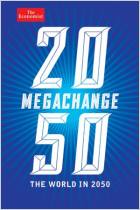
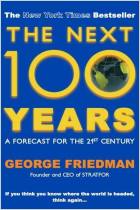
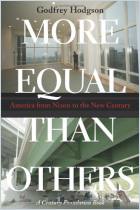
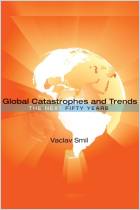
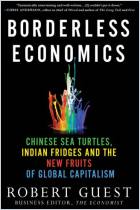
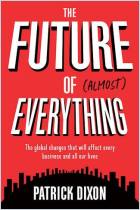

Comment on this summary or Démarrer une discussion